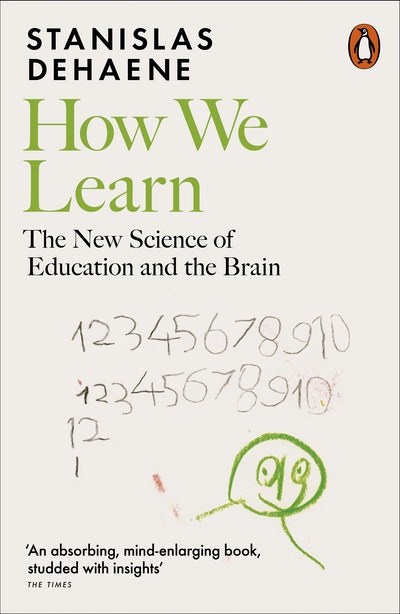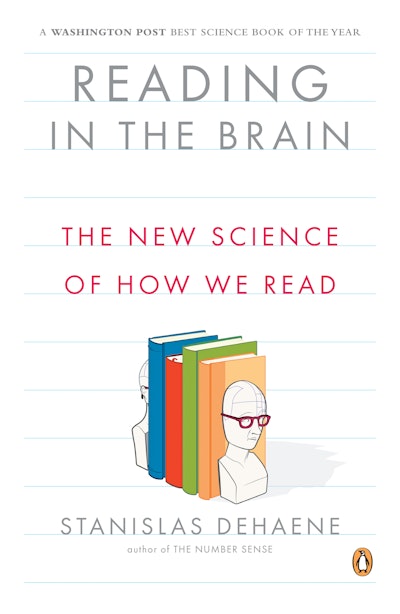[]
Play sample
- Published: 4 May 2021
- ISBN: 9780141989303
- Imprint: Penguin Press
- Format: Paperback
- Pages: 352
- RRP: $30.00
How We Learn
The New Science of Education and the Brain
Formats & editions
Buy from…
- Published: 4 May 2021
- ISBN: 9780141989303
- Imprint: Penguin Press
- Format: Paperback
- Pages: 352
- RRP: $30.00
This is an absorbing, mind-enlarging book, studded with insights ... Could have significant real-world results.
James McConnachie, Sunday Times
An expert overview of learning ... Dehaene's fourth insightful exploration of neuroscience will pay dividends for attentive readers.
Kirkus
An entertaining survey of how science from brain scans to psychological tests is helping inspire pedagogy. Dehaene challenges many tropes [and] describes much of his own pioneering work ... Well translated from the French with some touching references to his upbringing, from the cult film La Jetée to the writing of Daniel Pennac.
Andrew Jack, Financial Times




